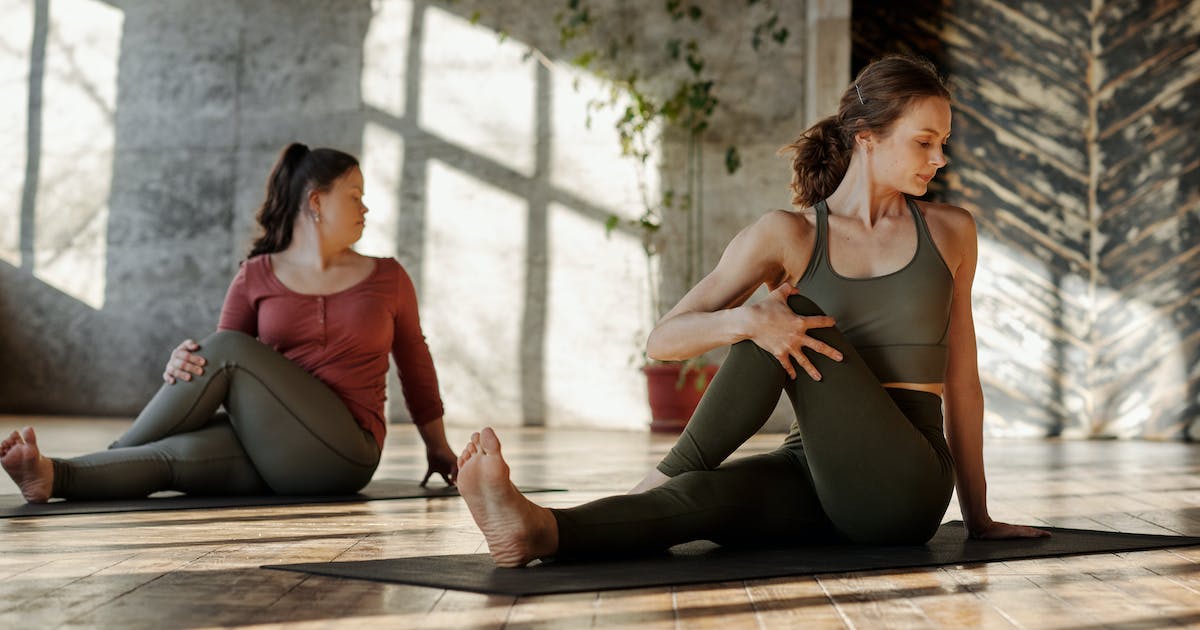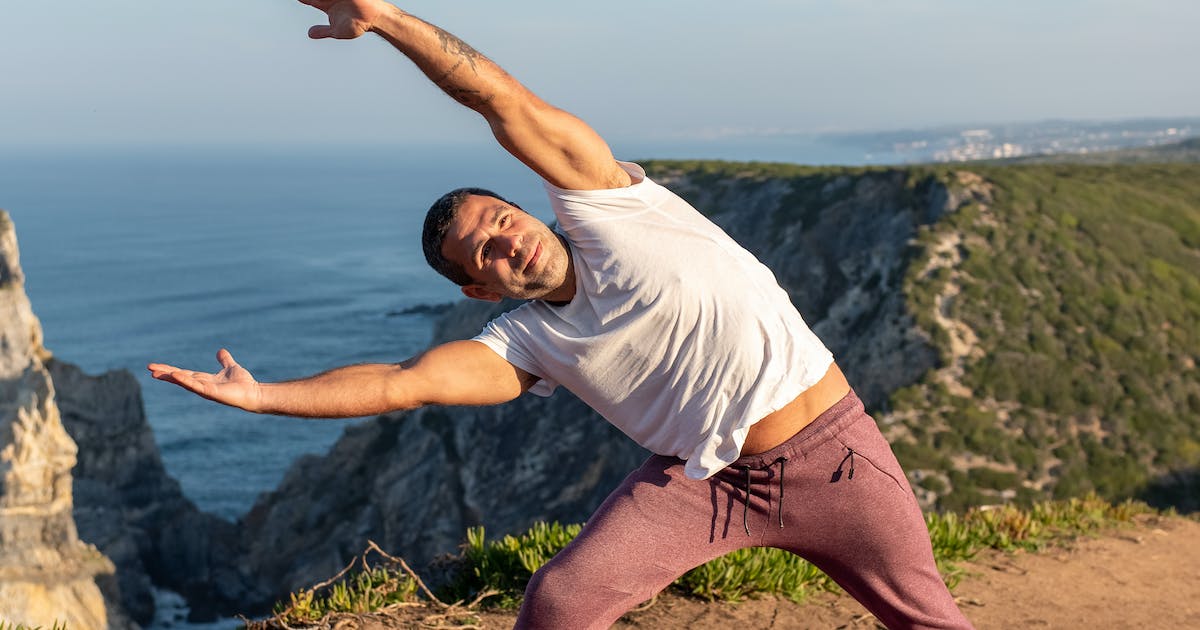When recovering from an addiction, most people are open to trying anything that will help the process. What gets tricky is knowing what therapies will work for you. Each person is unique and responds differently to the treatment process. To be effective, you’ll need to find the things that help you on your journey to sobriety. For many people, yoga is part of a healthy recovery.
The goal of yoga is to balance the mind and body, thereby reducing addictive behaviors. And while you might initially think that yoga is not all what it’s cracked up to be, the evidence will surprise you. Let’s learn more about therapeutic yoga and how it can help support a complete recovery from substance use.
What is Yoga Therapy?
Therapeutic yoga and yoga are similar, but they do have some differences. Yoga focuses on harmonizing the body through various poses and breathing techniques. Yoga therapy encourages improved health and wellbeing through the teachings and practices of yoga. Yoga is naturally therapeutic, so whichever class you take will benefit your recovery.
So how exactly does yoga therapy work?
Before you begin yoga, you’ll meet with a yoga therapist who will learn about your health concerns, medical history and what you are hoping to achieve. For many people in recovery, their goals are to manage stress, be more in-tune with their body, restore health and manage drug cravings and withdrawal symptoms.
Your therapy session will then include a variety of movements and stretches, along with guided breathing practices. During the session, your yoga therapist will work with you to ensure that you’re doing everything correctly. The session will end with a relaxation practice, which will help settle your mind and body and find a place of calm.
Recovery Cove offers yoga therapy in our facility, making it easy to build this healthy practice into your routine. You can schedule your yoga classes around the same time as your therapy sessions, maximizing the time spent in outpatient rehabilitation.
How Long Does it Take to Feel Better after Yoga?
As you’ll quickly see, there are no shortcuts to recovery. The same is true with yoga - you won’t see results after one session. Yoga takes practice and training, and there is no set time frame where you will see results. The good news is that you should feel more relaxed after a class.
For the best results, your yoga therapist may recommend practicing yoga at home, too. While in-person sessions may be 30 to 60 minutes, you can do 15-minute sessions at home. As long as you are practicing the exercises correctly, yoga is a safe and accessible alternative therapy that can help you cope with stress, direct attention away from cravings and restore the mind and body.
What are the Benefits of Therapeutic Yoga?
You are probably already familiar with the fact that yoga improves strength, balance and flexibility. It can also help with certain ailments, such as back pain and arthritis symptoms. However, you may not be aware that yoga can help you manage stress and live better, especially in the early days of sobriety when drug cravings and withdrawal symptoms are present.
The advantages of therapeutic yoga include:
- Supports stress management, mental health and mindfulness
- Improves sleep and sleep quality, helping you to fall asleep faster and stay asleep
- Increases energy and brighter moods, making it easier to approach recovery with enthusiasm
- Connects you to a supportive community, easing loneliness and isolation during early sobriety
- Improves self-confidence and body image
- Fights symptoms of anxiety and depression by inducing a sense of calm, well-being and stress tolerance
- Fills voids in your routine, preventing boredom or reminiscing of past substance use

How Does Yoga Support Addiction Recovery?
Now that you are more familiar with the benefits of practicing yoga, let’s dig deeper into how yoga supports a healthy recovery. There are specific things that yoga does very well.
Cultivates mindfulness
At the core of yoga lies mindfulness, a state of focused awareness on the present moment. Developing mindfulness through yoga can help you acknowledge your emotions, thoughts and bodily sensations without judgment. This way, you can learn to recognize triggers, cravings and destructive behaviors before they arise.
Stress reduction and emotional regulation
Addiction often stems from attempts to cope with stress, anxiety or emotional turmoil. For example, you turn to alcohol when you feel stressed. Yoga focuses on breathing techniques and relaxation, serving as a powerful tool for alleviating stress and regulating emotions. The practice of controlled breathing calms the nervous system and promotes emotional resilience, reducing the likelihood of relapse.
Physical healing and restoration
The physical aspects of yoga - its postures and movements - contribute significantly to healing the body during recovery. Regular yoga practice enhances flexibility, strength and overall physical health, counteracting the negative effects of substance use on the body. Furthermore, yoga restores the body’s balance and energy flow, aiding in detox and rejuvenation.
Building a supportive community
All yoga classes at Recovery Cove are held in supportive and non-judgmental environments. You will get to practice yoga alongside other individuals who are on a similar healing journey, fostering a sense of belonging and camaraderie. Having this community support system can significantly impact your recovery by offering encouragement, accountability and a shared sense of purpose.
Spiritual connection and self-discovery
Yoga is not merely a physical exercise but a spiritual practice that encourages self-reflection and inner exploration. Through meditation and introspection, you can reconnect with your inner self, fostering a sense of purpose and spirituality. These are also great tools to use when participating in therapy, as you’ll discover a deeper understanding of yourself and the underlying issues that led to your substance use.
Support Your Recovery with Yoga Therapy
As you can see, yoga is a complementary therapy that offers a holistic approach to healing, addressing the physical, emotional and spiritual aspects of your well-being. Its transformative power lies not only in the physical postures but in the cultivation of mindfulness, stress reduction, community support and self-discovery. To learn more about the yoga classes offered at Recovery Cove, contact us today at 484-549-COVE or fill out our online contact form and someone will be in touch shortly.




